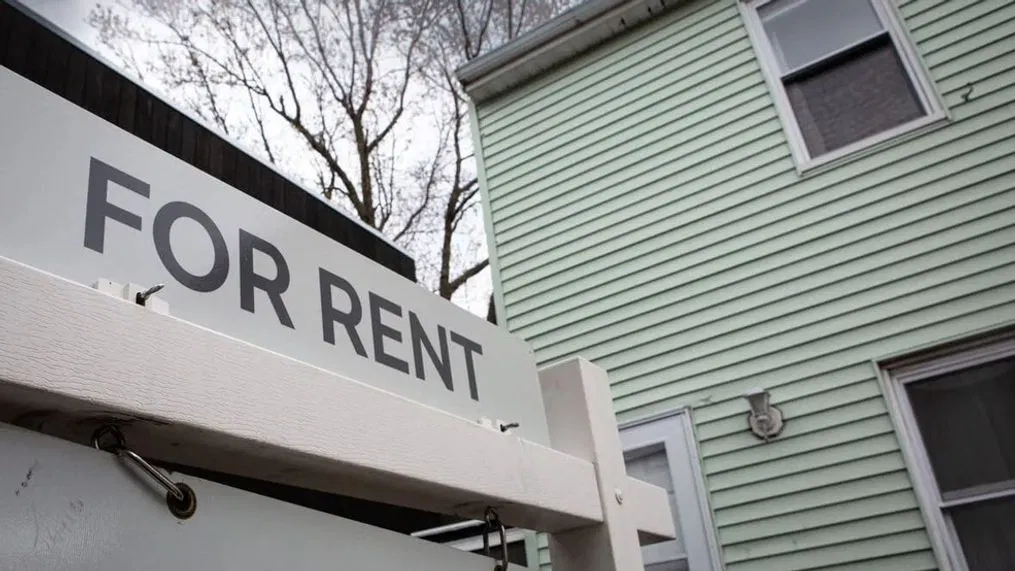Renting in Wisconsin can come with its own set of challenges, especially when it comes to understanding rent increases. Unlike some states, Wisconsin doesn’t have rent control laws, meaning landlords generally have the freedom to raise rents. This guide aims to provide Wisconsin tenants with a clear breakdown of rent increase laws in 2024, empowering you to understand your rights and navigate rent adjustments effectively.
The Absence of Rent Control in Wisconsin
Rent control regulations are designed to put a cap on how much and how often rent can be increased. Wisconsin does not have statewide rent control laws. This means landlords generally have the freedom to set rent prices as they see fit, guided by factors like market trends and their own operating costs.
When Can Landlords Raise Your Rent?
- Lease Terms: Your lease agreement plays a significant role in determining when a landlord can increase your rent.
- Fixed-Term Leases: If you have a fixed-term lease (e.g., a one-year lease), your landlord cannot raise the rent during the lease term unless a rent increase clause was explicitly included in the agreement.
- Month-to-Month Leases: With a month-to-month lease, your landlord has more flexibility to adjust the rent. However, adequate notice is still mandatory.
- Notice Periods: Wisconsin law requires that landlords provide sufficient notice before a rent increase takes effect. The standard notice period is typically 28 days. This notice must be in writing and clearly outline the new rent amount and the effective date of the increase.
Is There a Limit on Rent Increases?
While Wisconsin doesn’t have a specific percentage limit on rent increases, landlords cannot make unreasonable or excessive increases. Determining what constitutes “excessive” might require further legal scrutiny. Here’s what tenants should keep in mind:
- Market Rates: Landlords frequently align rent increases with prevailing market rates for comparable housing in your area.
- Fairness and Reasonableness: If a rent increase seems drastically out of line with market trends or is significantly higher than previous increases, you may have grounds to question its fairness.
Protecting Yourself Against Unfair Increases
- Market Comparisons: Conduct your own research on rental prices for similar units in your area. This information can help you assess the reasonableness of a proposed increase. Online rental platforms (https://www.investopedia.com/articles/markets/100215/5-best-alternatives-zillow-trulia.asp, https://www.apartments.com/, etc.) can be good starting points.
- Discriminatory and Retaliatory Increases: Wisconsin law protects tenants from discriminatory rent increases based on factors like race, religion, sex, national origin, and disability. Similarly, landlords cannot raise your rent in retaliation for exercising your tenant rights, like reporting unsafe living conditions.
Where to Seek Help and Advice
- Tenant Resource Center: The Tenant Resource Center (https://www.tenantresourcecenter.org/) provides valuable information and resources for Wisconsin tenants, including explanations of Landlord-Tenant laws.
- Legal Aid Society: If you believe a rent increase is unfair, discriminatory, or retaliatory, you can seek legal assistance from organizations like the Legal Aid Society of Milwaukee (https://legalaction.org/) or other legal aid offices in your area.
- Community Organizations: Local tenant unions or community housing organizations may offer advocacy services and advice on navigating rent increases.
Important Considerations for 2024
While Wisconsin’s core rental laws are unlikely to see drastic shifts in 2024, these factors could influence rent increases:
- Market Fluctuations: Economic conditions and local real estate trends can impact how landlords adjust their rental rates.
- Legislative Updates: Be mindful of any potential legislative changes that could affect tenant rights or rental regulations in the future.
Navigating Rent Increases
While you might not be able to completely prevent a rent increase, following these tips can help you handle the situation effectively:
- Communicate Openly: Maintain open communication with your landlord. If a rent increase seems excessive, try discussing your concerns respectfully. While a landlord might not reverse the increase, clear communication can build a better landlord-tenant relationship.
- Negotiation Possibilities: In some cases, you might be able to negotiate a lower rent increase or a more gradual increase spread over time. Consider offering something in return such as a longer lease term in exchange for a more reasonable rent adjustment.
- Document Everything: Keep meticulous records of all communications regarding rent increases, including written notices, emails, and phone conversations. Thorough documentation will be useful if you need to escalate a dispute.
- Consider Your Options: If an increase seems truly unreasonable and negotiation is unsuccessful, you have the right to refuse to renew your lease and seek housing elsewhere.
Additional Considerations
- Security Deposit: Wisconsin landlords are required to return your security deposit within 21 days of you moving out, minus any rightful deductions for damages or unpaid rent. A rent increase doesn’t affect your security deposit; it cannot be used to justify withholding your deposit.
- Other Fees: Be mindful that landlords cannot raise additional fees, such as pet fees or parking fees, without proper notice and justification.
Conclusion
Understanding Wisconsin’s rent increase laws puts you in a better position to protect your rights as a tenant. Always carefully review your lease agreement, be aware of notice requirements, assess the reasonableness of rent increases, and don’t hesitate to seek help when needed. Remember, knowledge and proactivity are powerful tools when navigating rental agreements and rent adjustments.
Sources
- Wisconsin Tenant Resource Center: https://www.tenantresourcecenter.org/
- Wisconsin State Legislature – Chapter 704: Landlord and Tenant: https://docs.legis.wisconsin.gov/statutes/statutes/704
- Wisconsin Department of Agriculture, Trade & Consumer Protection (DATCP) – ATCP 134: Rental Practices [invalid URL removed]
Disclaimer: This article is intended as a general guide on Wisconsin rent increase laws for tenants. It should not be considered a substitute for professional legal advice. If you have specific questions or concerns about your situation or your rights, it’s always recommended to consult a qualified attorney.



